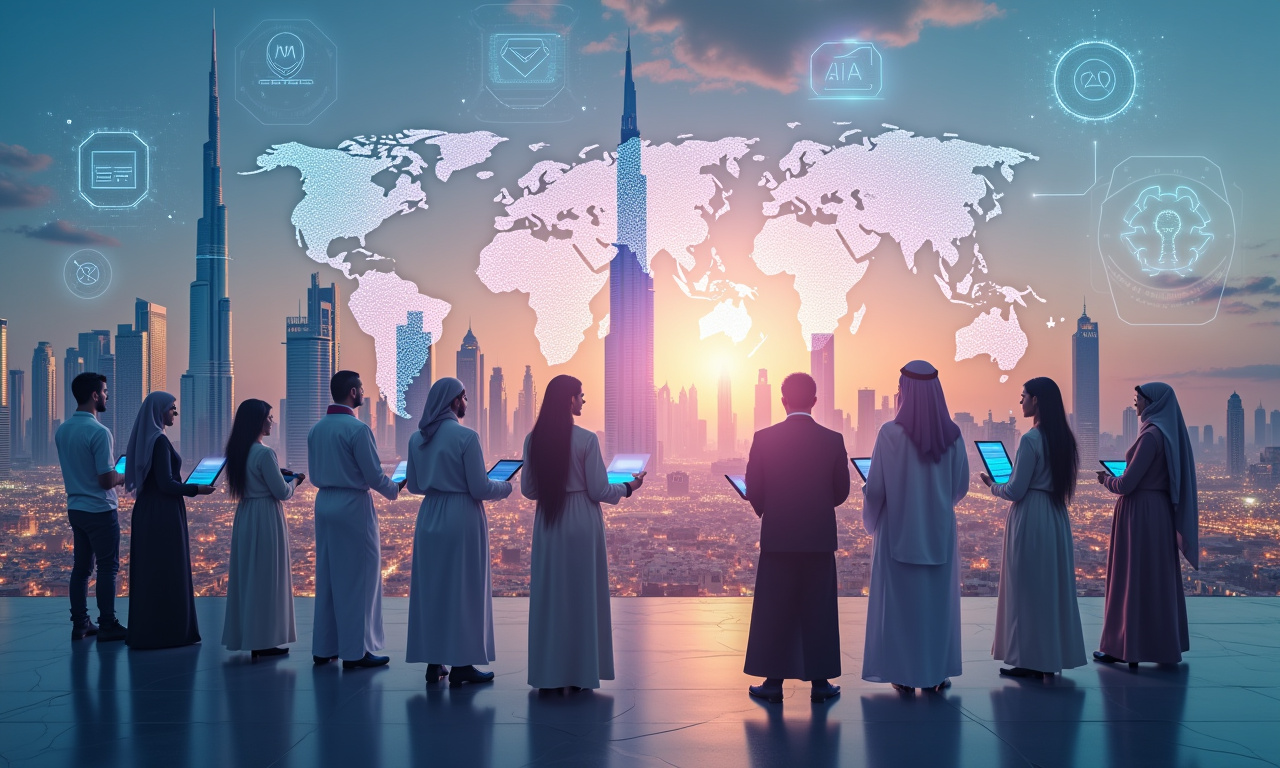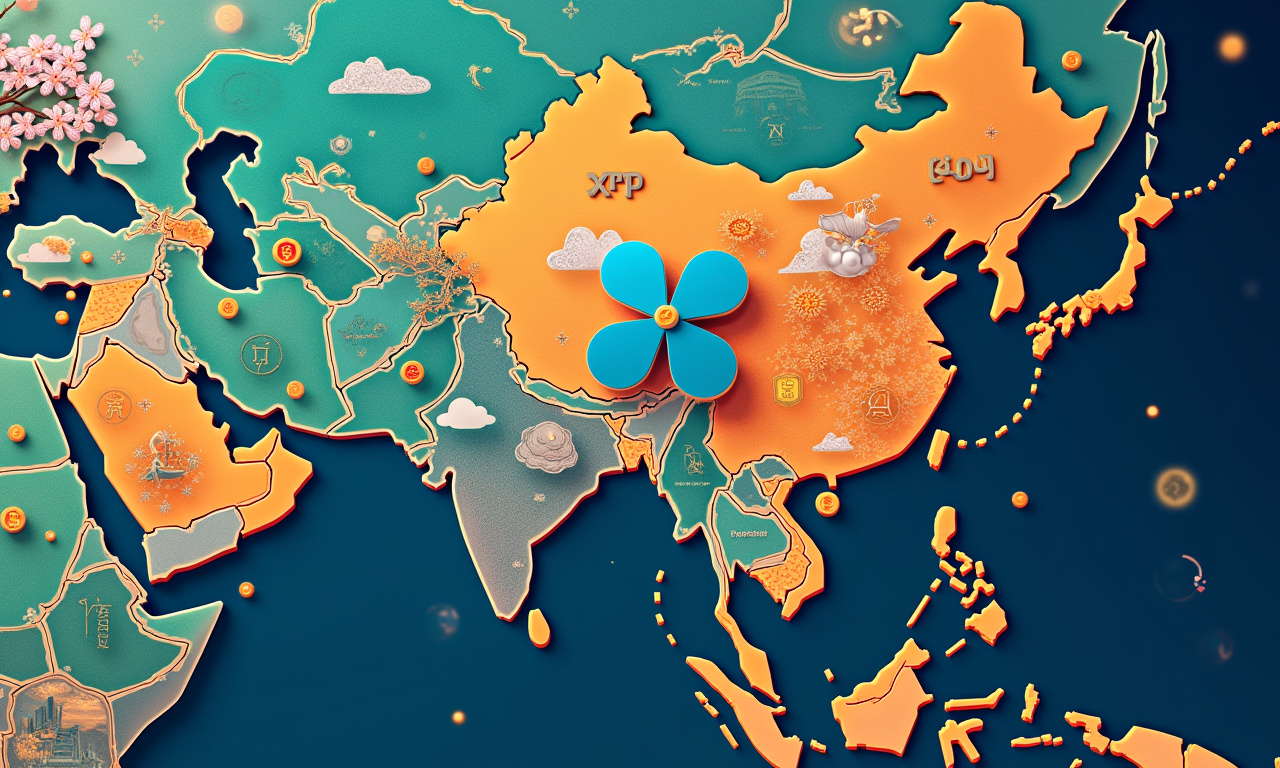
5 Untold Stories of Filipino Founders Using Blockchain for Good

Josefa dela Cruz
Often when we talk about blockchain, we’re talking about cryptocurrency, or NFTs. Come on, let’s look at its promise to REALLY solve some freakin’ problems! What about using it to redevelop communities of color and create a healthier, happier, more equitable world? The Philippines is incredibly rich in innovation and resilience. It’s quietly becoming a hub for blockchain-for-good projects. I’m not referring to the hype, but rather the palpable impact – led by dynamic Filipino founders.
These aren’t just tech stories, they’re human stories. They’re not just about bayanihan (community spirit) meeting the metaverse. They’re about using global solutions to tackle local challenges. Right now the Blockchain for Good Alliance (BGA) is doing incredible work in partnership with the UNDP. Most important, they enrich the ecosystem by providing the resources and visibility necessary for great, innovative projects to thrive. It’s high time we prosky their work. Here are five stories that deserve to be told:
Blockchain Builds Bridges, Literally
Now, picture that same island community, no longer able to receive food and medicine with regular shipping delays. Next, imagine that all these communities had a blockchain-based platform that connected them directly with the suppliers, undercutting profiteering and guaranteeing transparent pricing and verifiable delivery. That’s exactly what one of those founders, whom we’ll call Lola Tech, is developing. As a result, she saw first hand the pain of her own community, depending on unreliable shipments and marked up prices. Her platform leverages blockchain technology to trace commodities from their origin to their destination, producing an easily accessible, immutable record of the transaction. This improves not only fair pricing, but diminishes the potential for corruption and fosters greater trust among the entire supply chain.
Picture Amazon, but with a social conscience. It’s fueled by remarkable innovation that could fundamentally change the finance we know. Unexpected connection, right? Lola Tech is developing an extremely robust platform. By doing so, she’s building trust, accountability and opportunity in a region that sorely needs all three. It particularly brings to mind the ethos of those ancient caravan traders on the original silk road.
Land Titles, Unlocked by the Blockchain
Land is a complicated and emotional topic in the Philippines. Land title disputes can last for decades, leaving families in limbo, poverty, and without a permanent home. Apo Hash, one of the founders, is utilizing blockchain technology. By making the future land registry system more transparent and secure, he has his sights set on inclusion. Apo Hash digitizes each land record and safely stores them on an immutable blockchain. This whole process goes a long way in reducing the risk of fraud and corruption.
This isn't just about bureaucratic efficiency. It's about empowering marginalized communities. With secure land titles, families are able to borrow against their land, improve their farms and diversify their investments, creating greater stability for themselves and their future generations. This is a great example of blockchain providing utility and value add. It’s problem-solving at its finest. This fear and uncertainty brought on by land conflicts can be reduced with the help of technology.
Farmers Get Fair Trade, Finally
Smallholder farmers in the Philippines have a hard time receiving just prices for their produce. With so many intermediaries, farmers often end up with only a tiny fraction of the final sale profit. EthicHub, sponsored by Bybit Pool, is a blockchain-based platform that creates a direct link between small farmers and global markets. This reduces the number of intermediaries involved, puts power in consumers’ hands by providing more transparency, and guarantees a fair price for farmers’ produce.
This is a story about empowerment, returning agency to farmers to determine the future of their own livelihoods. This traceability story is just that, a traceability story. It gives consumers the ability to know precisely where their food comes from and who grew it. This transparency leads to greater public trust and accountability, helping to create a more sustainable food system. Consider it the farm-to-table movement, but on blockchain steroids.
Education for All, Powered by Decentralization
Having missed so much formal schooling, accessing quality education continues to be an uphill battle for various grassroots communities in the Philippines. One of these founders, also called Teacher Chain, is disrupting education as usual. She’s using blockchain technology to create a decentralized learning platform that’s providing essential educational materials to learners in underserved communities. Blockchain underpins the platform’s ability to track granular student progress, issue verifiable credentials, and support peer-to-peer learning.
This goes beyond the focus of permanent online learning, but indeed this is part of building a more equitable education system. By decentralizing access to knowledge, Teacher Chain is empowering students to learn at their own pace and on their own terms. Keep in mind that “knowledge is power” isn’t an old adage, it’s one of the founding principles of individual empowerment.
Disaster Relief, Delivered Transparently
The Philippines are incredibly disaster prone, in particular to typhoons and earthquakes. Making sure that aid goes to the people who need it the most is a logistical nightmare. One such founder, whom we’ll call Rescue Block, has a very bright idea to use blockchain technology to achieve the transparency and accountability in disaster relief that we need. As donations come in, the platform tracks every dollar from donor to distribution to make sure all aid reaches recipients and gets there fast and efficiently.
And this isn’t just a point about efficiency, it’s about fostering trust in the overall humanitarian system. Rescue Block, with its focus on transparency and accountability, will help do just that. This helps support timely aid to those who need it most, when they need it. This is what blockchain for good looks like. It does so by leveraging the power of innovation to reduce misery and enhance preparedness when crises emerge. It’s thrilling too, to witness technology being applied to counter the trepidation and panic caused by these deadly disasters.
These five stories are just a glimpse of the incredible work being done by Filipino founders in the blockchain space. With important support from this BGA-UNDP partnership, these initiatives are developing innovative solutions that are helping to spark positive change. These entrepreneurs are doing more than just building businesses — they’re building a better future for the Philippines. Let’s raise their voices up and encourage their attempts to use blockchain for positive change. It's time to recognize the power of Filipino ingenuity to address some of the world's most pressing challenges.

